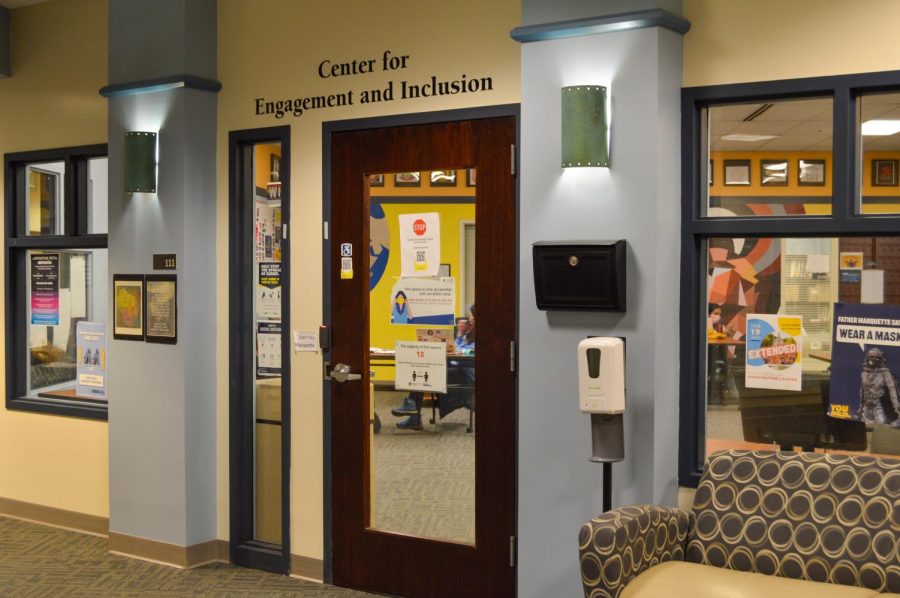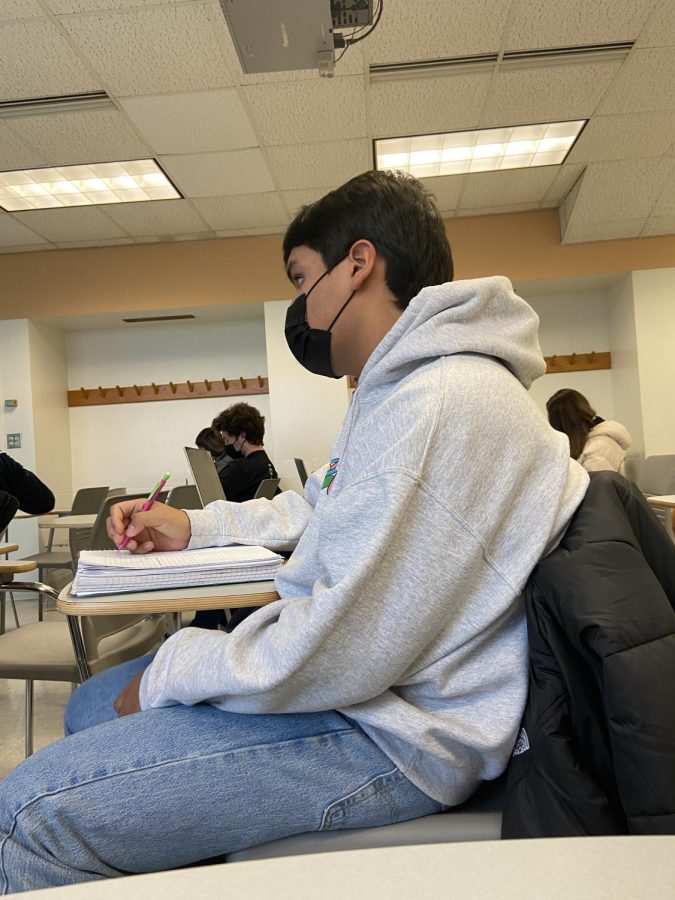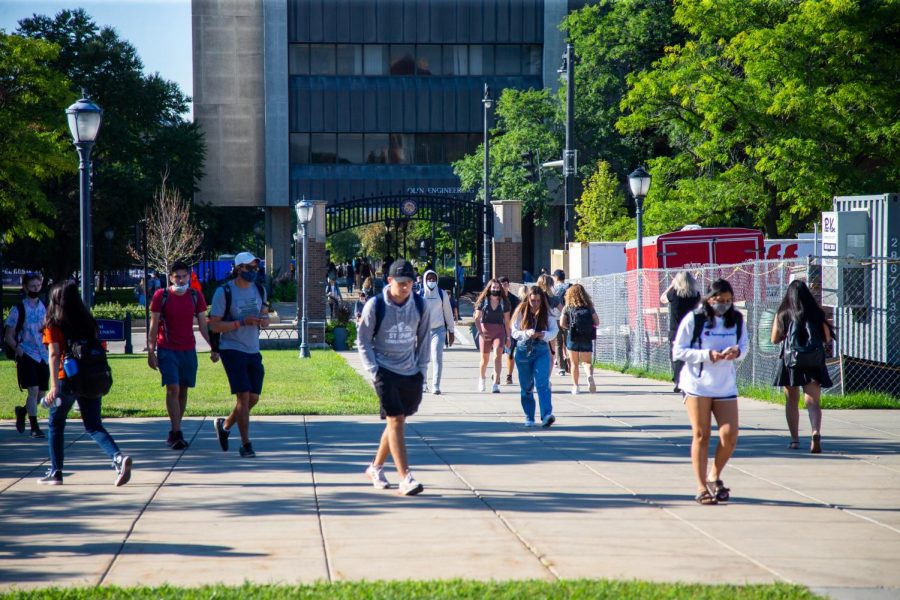A recent study from The Center for the Study of Hate and Extremism found that there was an 149% increase in Asian Hate Crimes in 15 of America’s “major cities” like New York and Chicago.
The study came to the conclusion that the first spike in Asian hate crimes started around March and April of last year — the same time as the COVID-19 pandemic was largely starting to affect the world and the United States.
“Recent events nationwide where Asians and Asian Americans have been physically and verbally attacked for no clear reason other than their identity distresses us along with reports of anti-Black, Latinx, and Indigenous acts of racial harassment and discrimination,” university spokesperson Kevin Conway said in an email. “We continue to maintain our commitment to an environment where racist behaviors and stereotyping no matter how subtle are not tolerated.”
More data from the study also showed that 24% of people surveyed throughout the United States said they were at least somewhat concerned about coming within close physical contact with someone of Asian ancestry in April 2020.
Another part of the survey asked people by political affiliation to assess where they think COVID-19 originated from. 16% of Republicans, 12% of Democrats and 6% of Independents believed it was manufactured in a Chinese Lab, a conspiracy that experts in the United Nations have debunked.
While Milwaukee isn’t a city specifically mentioned by name in the study, the results and history of Asian discrimination because of past pandemics, like the 2004 SARS epidemic are still felt by community members on campus.
John Su, vice provost for academic affairs, said that it’s all a part of a long record of linking Asian immigration and ancestry to pandemics and sickness.
“Our current moment is another chapter in a painful history … that history scarred my father after he came to the United States and had lifelong consequences for our family,” Su said.
Similar discrimination and racist tendencies happened before, when the SARS outbreak of 2004 created much “fear and stigma” around Asian individuals.
Serena Yang, a first-year in the College of Arts & Sciences, said she has kept mostly to herself during the pandemic. However, she said she knows of people who have been targets of discriminatory comments or looks from other people.
“It’s just the way people act,” Yang said. “It’s nothing that I can change.”
The same survey from the The Center for the Study of Hate and Extremism also showed that 66% of all instances of prejudice incidents towards people of Asian descent were verbal incidents.
Yang also said that the former Trump administration and had much to do with the increase in discrimination because of how Trump portrayed the virus as something that was China’s fault. Former President Donald Trump has referred to the coronavirus as “The Chinese Virus” and blamed the country of China and the World Health Organization for the pandemic on multiple occasions.
“I’m not really surprised about it,” Yang said. “It will always keep on happening like this.”
Similar instances of Asian discrimination occurred to NBA Player Jeremy Lin. While in the G-League, Lin said he was a victim of racial abuse after being called “coronavirus” by a player who’s identity he has yet to reveal. He recently has condemned the recent “hate fueled attacks” against Asian Americans.
In the university statement, Conway reminded the Marquette community that any racial harassment and discrimination can be reported by filling out a bias report online, or by calling Vice President for Inclusive Excellence William Welburn during business hours.
This story was written by Benjamin Wells. He can be reached at benjamin.wells@marquette.edu or @beananan on Twitter.









